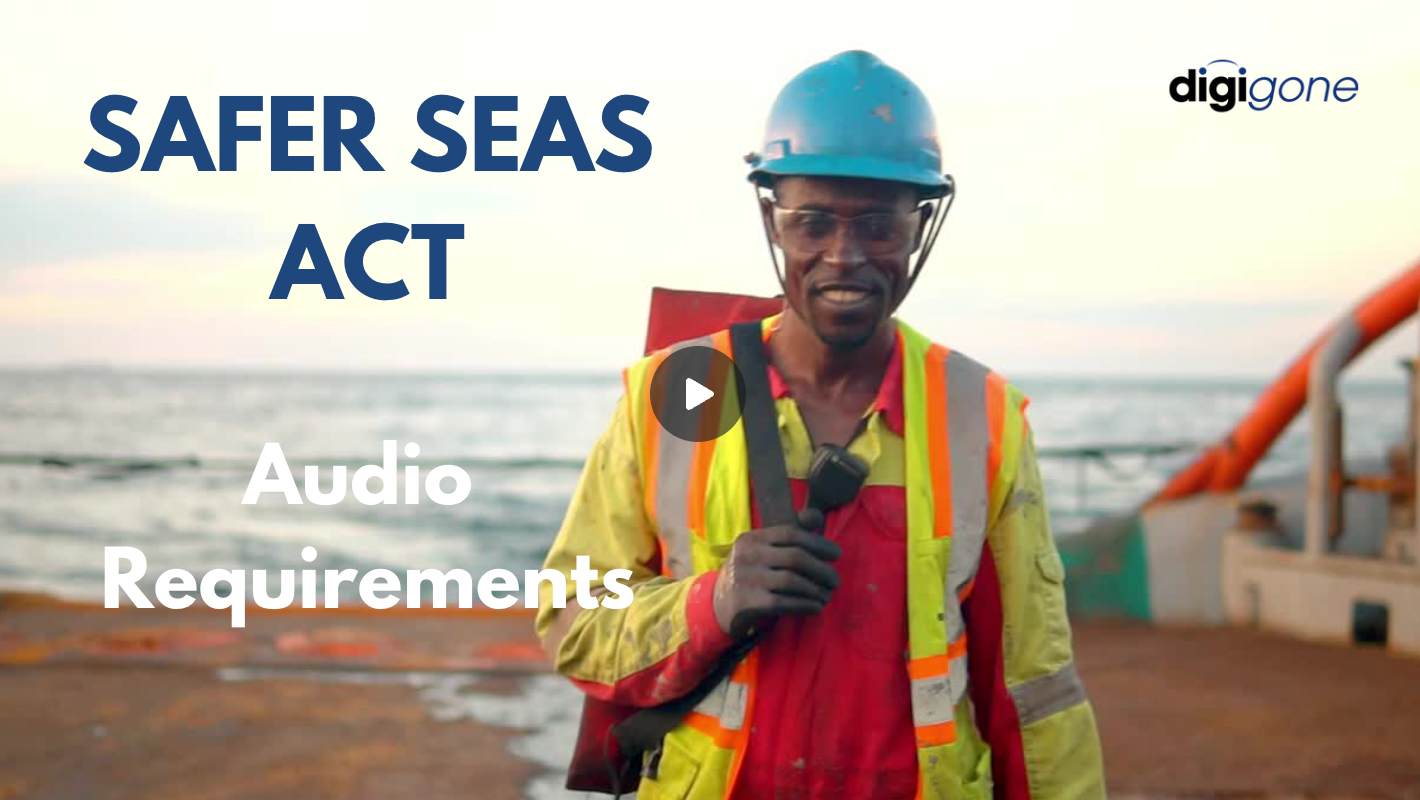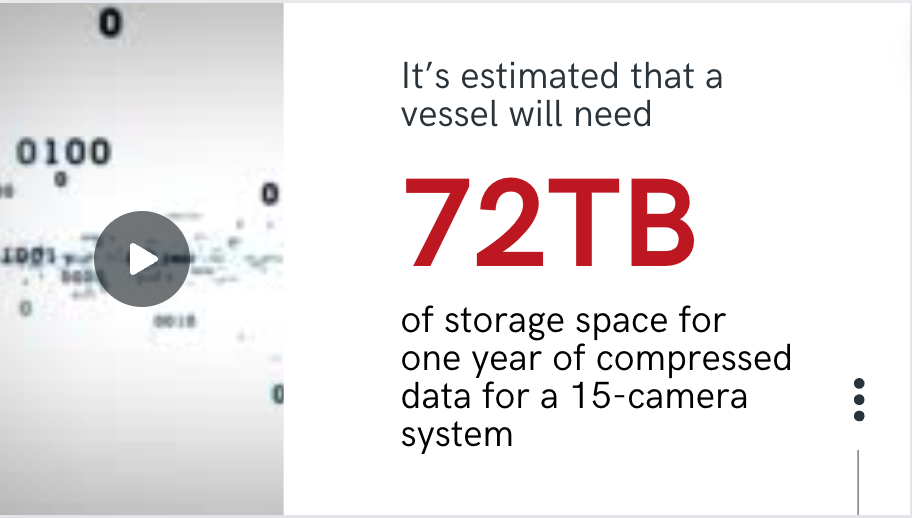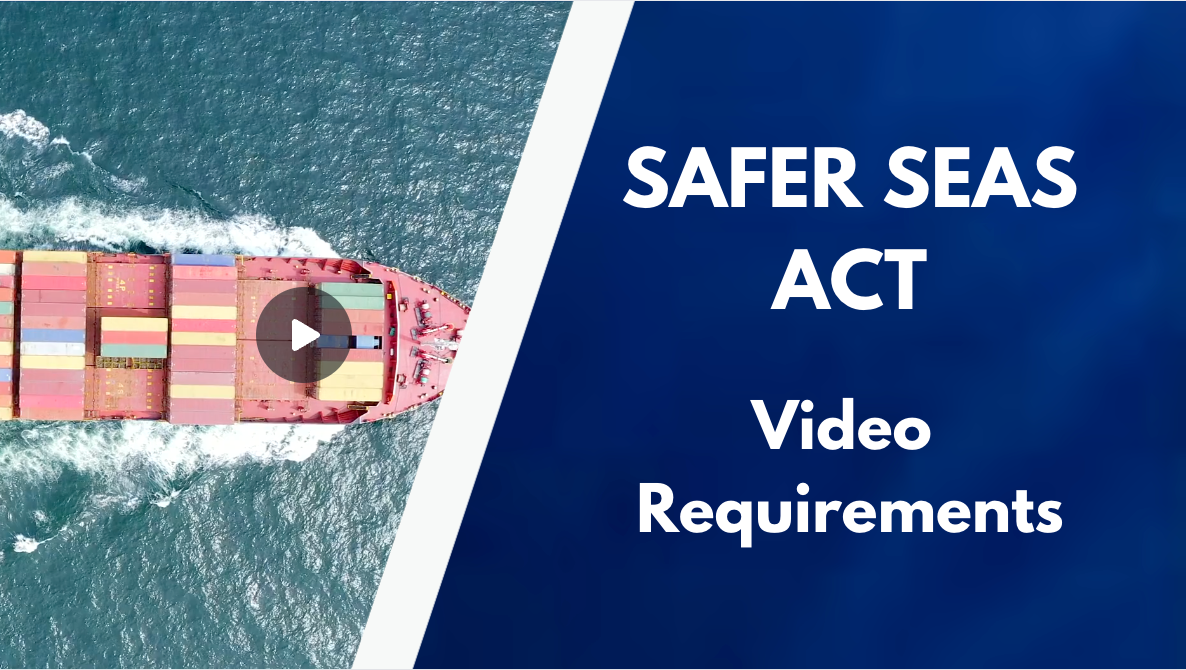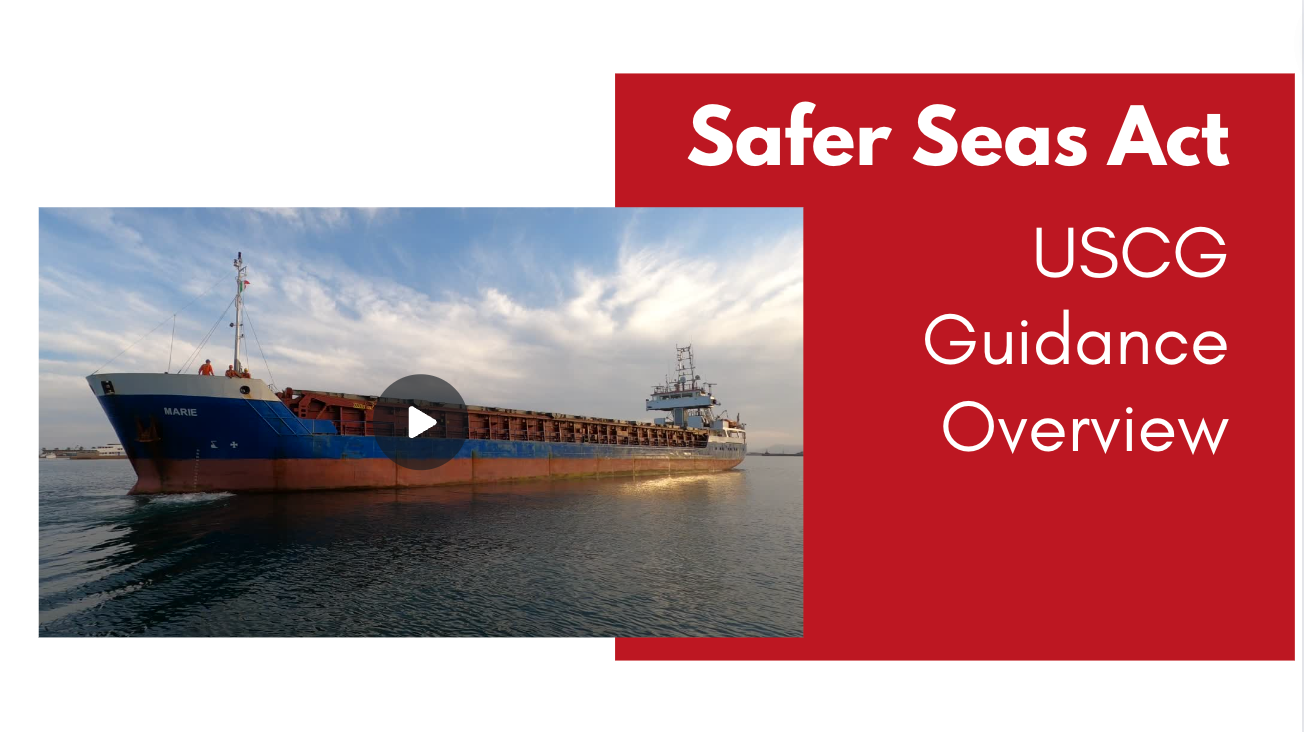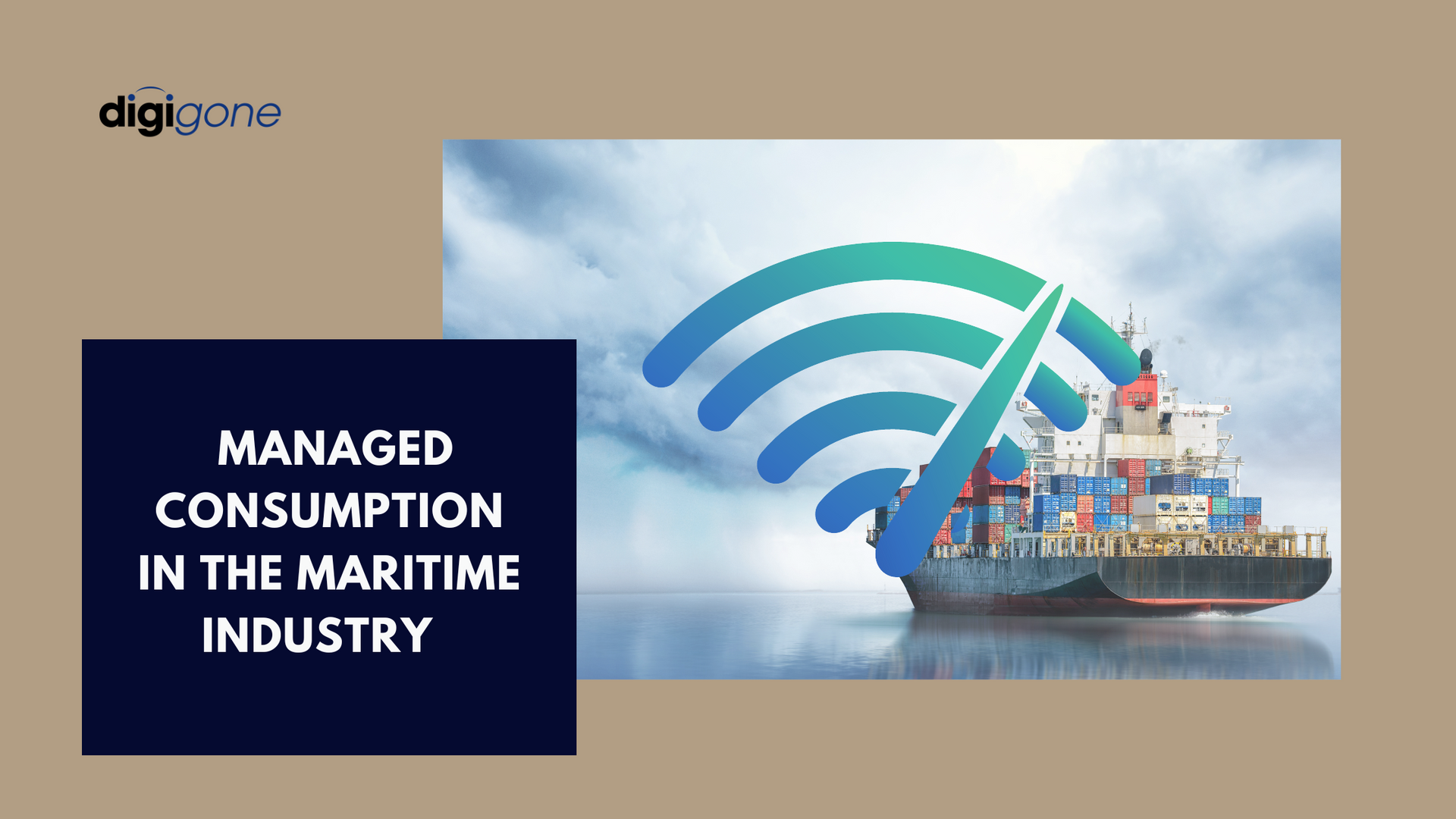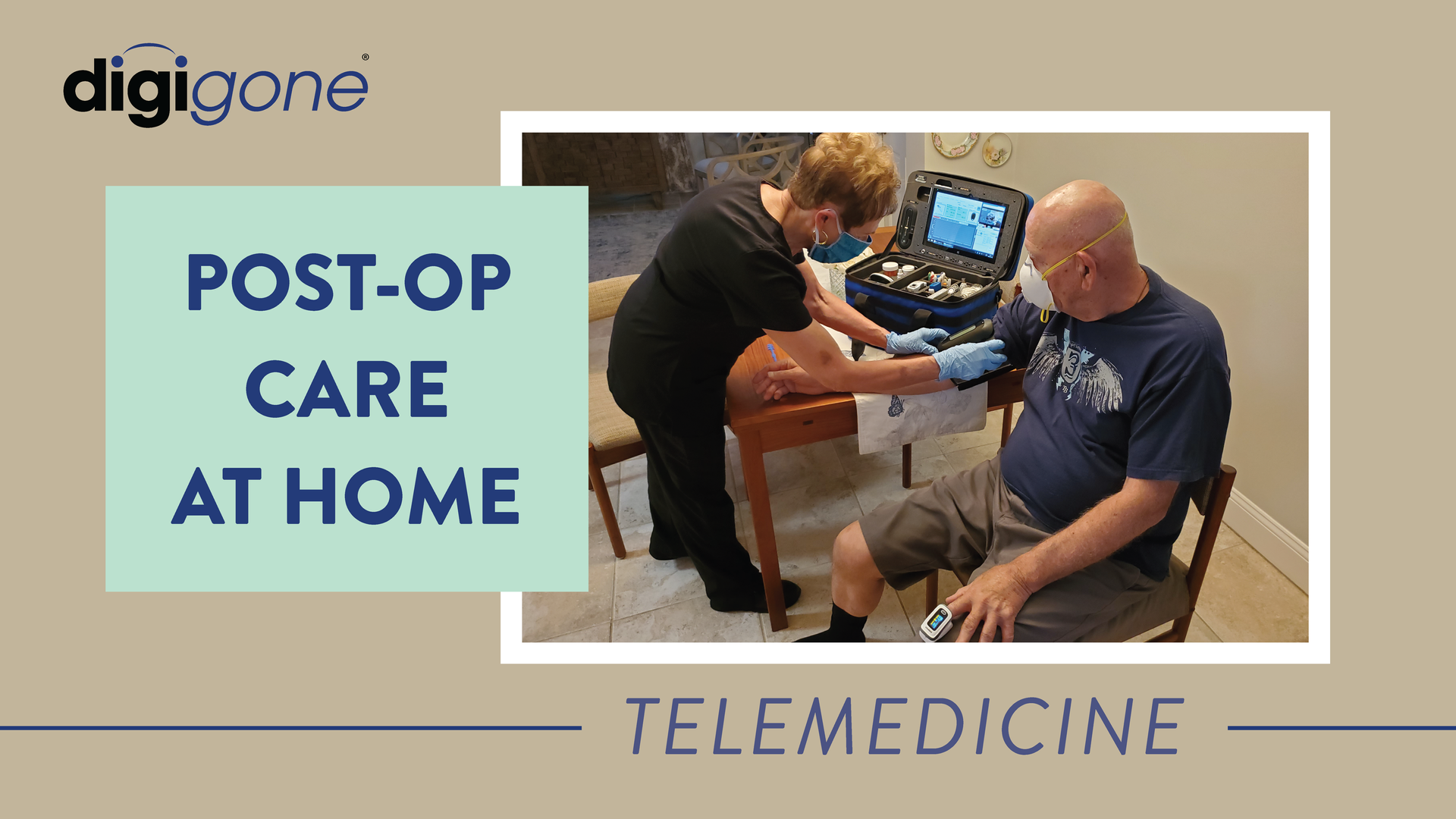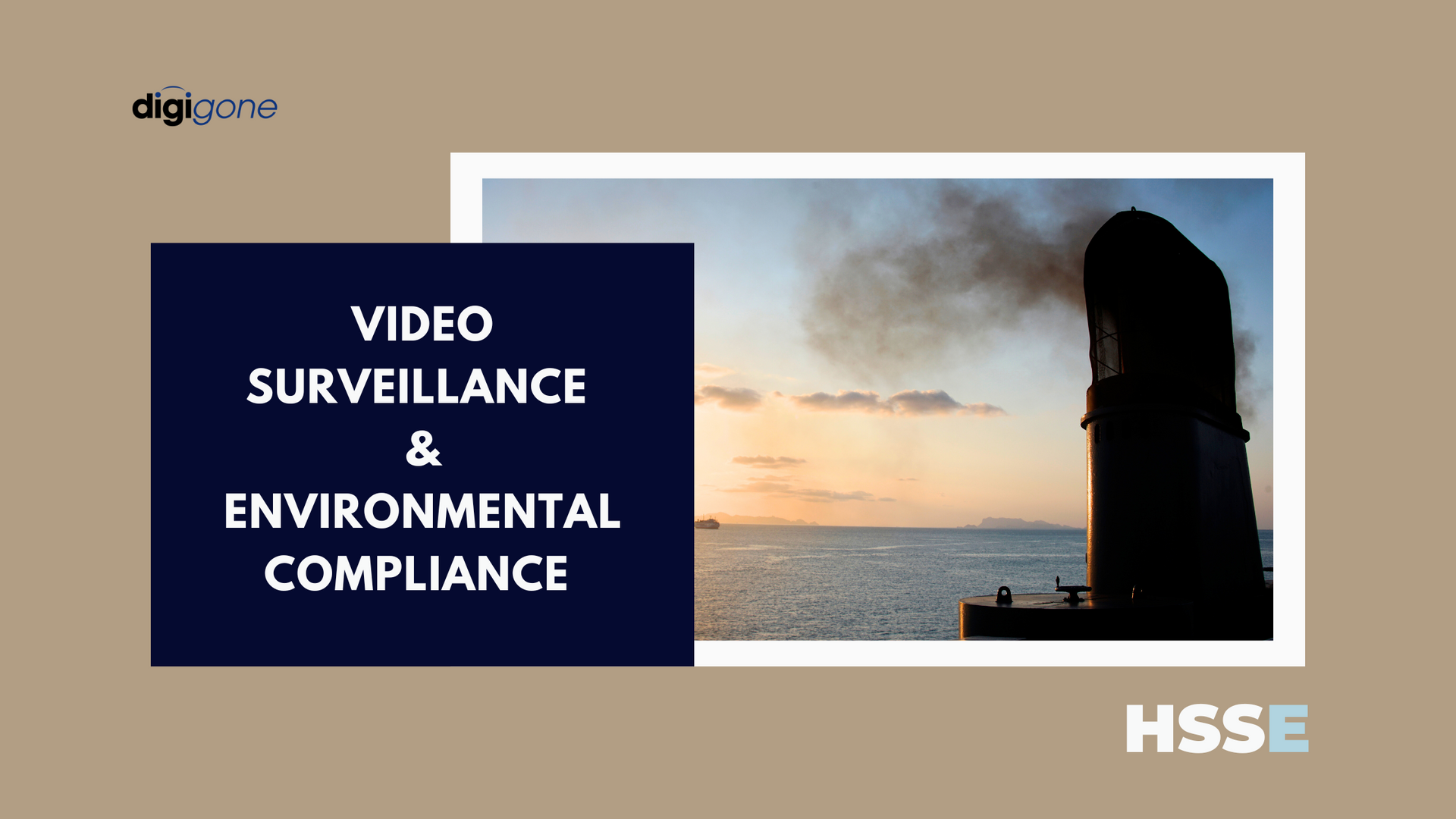How Crew Welfare Curtails the High Cost of Turnover
Crew welfare isn't just about working conditions, it's financially wise.

When workers quit, the ripple effects linger long. And not just in terms of productivity, but given the complicated and specialized nature of the maritime industry, a high turnover also means high costs.
The Society for Human Resource Management (SHRM) reports that replacing an employee costs a company 6 to 9 months of that job’s salary. Imagine your company has just 2,000 employees, with an average pay of around $50,000. Replacing just 15% of your staff, which is a below-average turnover rate, costs $7.5 million annually at a minimum. Further, getting a new employee to reach full productivity can take a year.
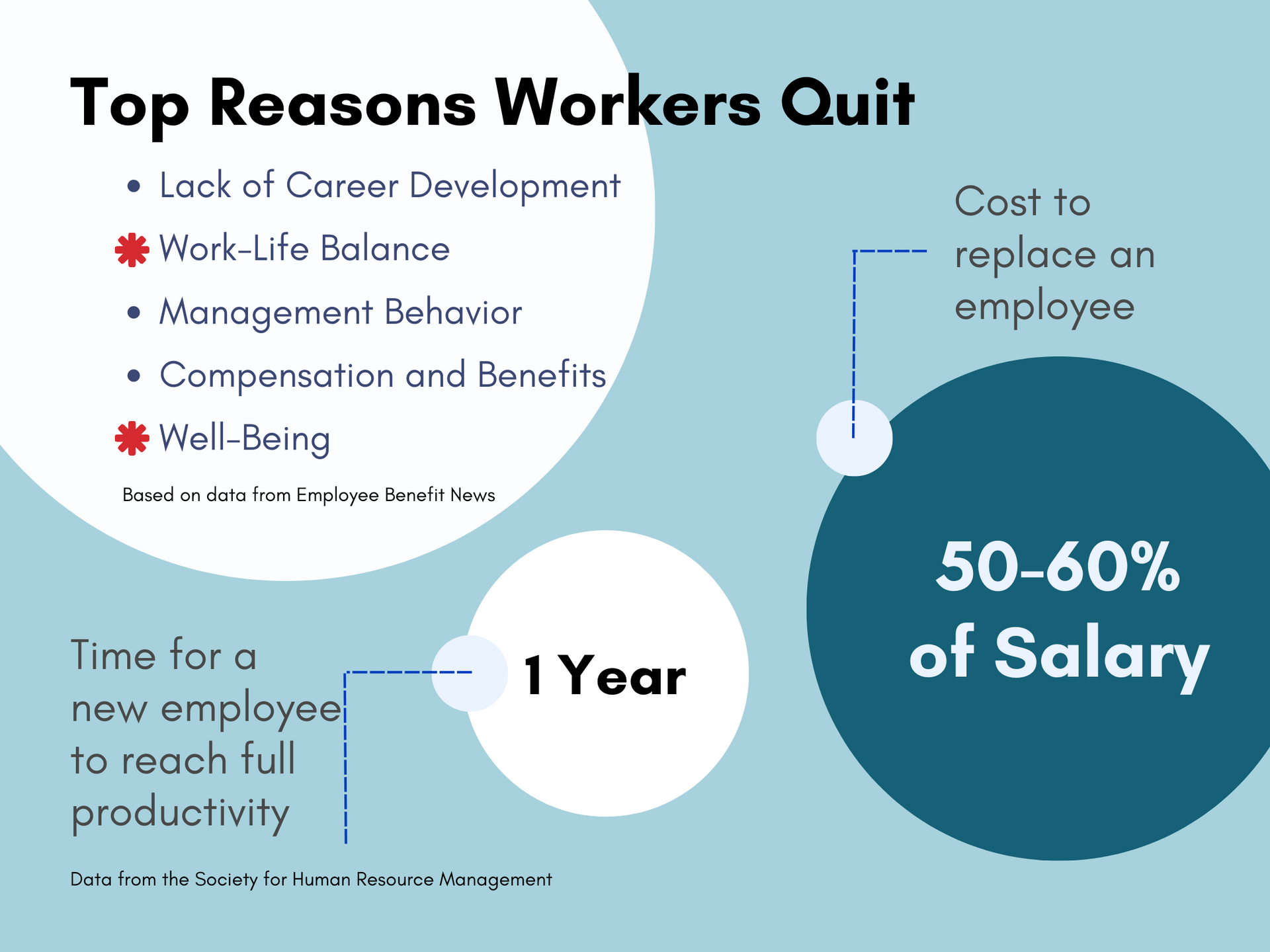
Two of the leading factors for employee turnover according to an EBN, a human resources management company, includes well-being and work-life balance. Simply tweaking your crew welfare plan to address these factors can save companies millions annually.
The Path Ahead
The Seafarer Workforce Report from 2021 shows some sobering projections for the future of the maritime industry labor force.
- The demand for officers has risen more than 11% since 2015
- There’s an expected shortfall of 26,000 officers by 2026
- Shipping must "significantly increase" its recruitment levels to stay ahead of labor needs
A variety of factors make a career in the maritime industry particularly hard. Long periods away from home, along with challenging work conditions, and safety concerns are compounded by isolation and limited social interaction. When crews on ships are comprised of multiple nationalities, that can also severely limit the interactions onboard a vessel.
Because of these factors, focusing on crew welfare can’t be viewed as an employee benefit: it’s an issue of providing fair and reasonable working conditions that affects the bottom line.
A report in The Asian Journal of Shipping and Logistics looked at employee engagement as a predictor of seafarer retention. When considering the isolation on board vessels, the author of the report noted, “The only outlet is telephone calls to families which may not always be available, or at a considerable cost to the crew."
In the end, the report summarized:
"It must be remembered that due to unsatisfactory work experiences, quality officers not only leave the shipping company, but also the industry which loses out on the years of accumulated knowledge to the detriment of the company as well as the industry."
A Bottom-Line Issue
We all know that recruitment and retention in the maritime industry will continue to get more competitive as jobs require more technical savvy. Focusing on an enhanced crew welfare plan isn’t a matter of just attracting crew, it’s about the health of your overall business operations and bottom line.
DigiGone recently launched CrewChat an ultra-low bandwidth voice and video communications tool for remote locations. Combined with our experience in the maritime and telemedicine industry, we offer stewardship in this sector. For more information visit digigone.com/crewchat to request a demonstration. Or email us at info@digigone.com, or call at 1-727-544-2327.
CrewChat is a product from DigiGone. DigiGone is a veteran-owned business based in Largo, Florida.

